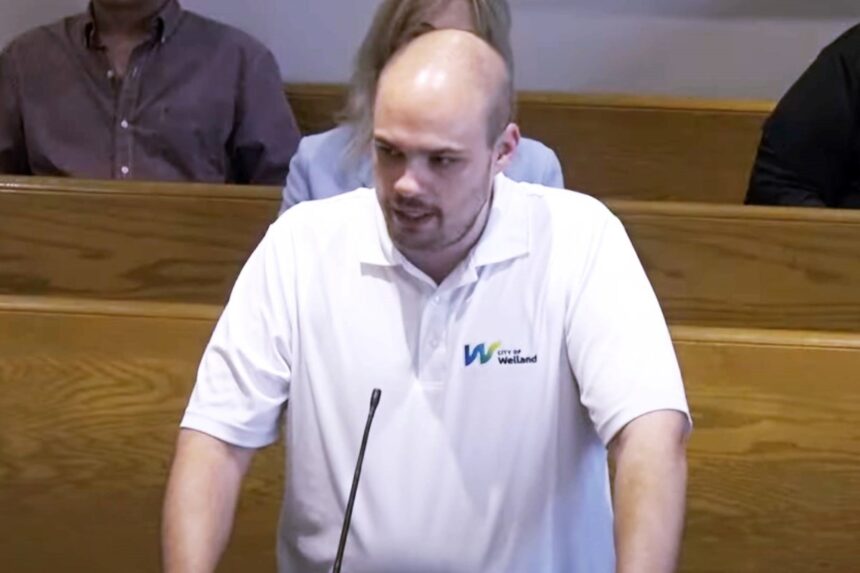In a pivotal move that signals growing municipal alarm over interconnected social crises, Thorold city council has unanimously endorsed a call for intensified government action on addiction, mental health, and homelessness. The resolution, initially brought forward by the City of St. Catharines, represents an increasingly vocal chorus of municipal leaders demanding comprehensive provincial and federal intervention as front-line services buckle under unprecedented pressure.
“What we’re witnessing isn’t simply a housing issue or an addiction problem – it’s a complex humanitarian emergency that requires coordinated action across all government levels,” said Thorold Councillor Anthony Longo during Tuesday’s council meeting. “Our local resources are stretched beyond capacity, and the human cost continues to mount.”
The endorsed resolution specifically requests that the provincial government expedite the development of treatment facilities and supportive housing units while establishing a clear accountability framework for measuring progress. Notably, it calls for dedicated funding streams to address the systemic gaps in mental health and addiction services that have widened dramatically since the COVID-19 pandemic began.
According to recent data from Niagara Region Public Health, opioid-related deaths have increased by approximately 40 percent in the region since 2019, mirroring troubling national trends. Meanwhile, emergency shelter capacity routinely exceeds 95 percent occupancy, forcing vulnerable individuals into increasingly precarious living situations.
“The statistics tell only part of the story,” explained Dr. Marisa Valente, addiction medicine specialist at Niagara Health. “Behind each number is a person experiencing profound suffering, often with complex trauma histories and co-occurring disorders that require integrated care models currently unavailable in sufficient quantity.”
The resolution’s timing aligns with growing evidence that traditional approaches to these intersecting crises have failed to produce sustainable improvements. A report from the Canadian Mental Health Association released last month highlighted the critical shortage of supportive housing units nationwide, estimating that fewer than 20 percent of Canadians with severe mental illness have access to appropriate housing with integrated support services.
Thorold’s endorsement adds momentum to what has become a regional advocacy movement. Similar resolutions have passed in Welland, Port Colborne, and Niagara Falls in recent weeks, creating what some observers describe as a “municipal uprising” on issues traditionally deferred to higher levels of government.
“Cities are where these crises manifest most visibly, but municipalities lack both the mandate and resources to address root causes,” noted Mayor Terry Ugulini. “We’re sending a clear message that coordinated, evidence-based action is needed now, not after the next election cycle.”
The resolution specifically urges the implementation of a “Housing First” approach, which prioritizes stable housing as the foundation for addressing other complex needs. This model, already proven effective in reducing chronic homelessness in several Canadian cities, remains inconsistently implemented across Ontario.
The motion further calls for dedicated provincial funding to expand mobile crisis intervention teams, which pair police officers with mental health professionals to respond to individuals in crisis – an approach that has shown promise in diverting people from emergency departments and the criminal justice system.
For local service providers like Positive Living Niagara, which operates harm reduction programs throughout the region, the municipal support represents validation of their increasingly challenging work.
“We’ve been sounding alarm bells for years about the need for a comprehensive, trauma-informed system of care,” said executive director Glen Walker. “The current patchwork approach leaves too many people falling through the cracks, often with tragic consequences.”
As this resolution moves forward to provincial and federal officials, the question remains: will this coordinated municipal advocacy finally catalyze the systemic changes needed to address what has become not just a public health emergency, but a profound moral challenge for communities across Canada?

























